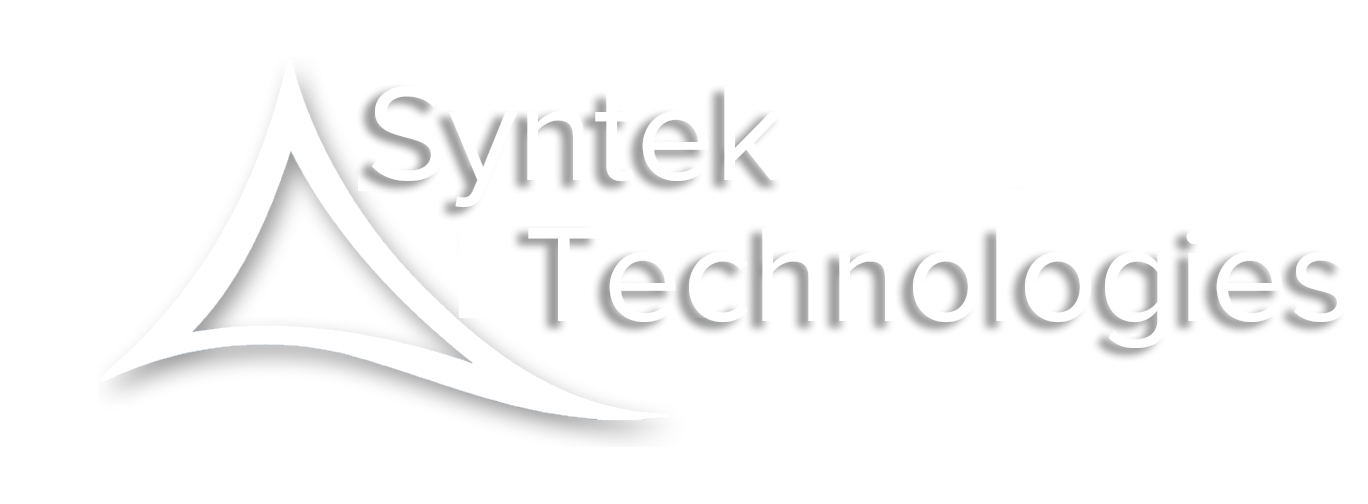As a small company, Syntek Technologies has pursued a policy of expanding its evaluation capacity by developing long term relationships with a small set of trusted consultants who have worked with us on a variety of projects over time. These efforts have been led and coordinated by Dr. Jonathan A. Morell, the Director of Evaluation at Syntek Technologies.
Dr. Jonathan (Jonny) Morell is an organizational psychologist with extensive experience in the theory and practice of program evaluation. His current hands-on evaluations involve safety programs in industry, evaluating R&D, programs to minimize distracted driving, applying best practices in on-the-ground settings in development, and evaluation capacity building. Based on his practical evaluation experience, Jonny has made theoretical contributions to the field involving evaluation methods for programs that exhibit unexpected behaviors, and in the use of complex system behavior in evaluation. His views are set out in his book: Evaluation in the Face of Uncertainty: Anticipating Surprise and Responding to the Inevitable. He is the Editor-in-Chief of the journal Evaluation and Program Planning, and a recipient of AEA’s Paul F. Lazarsfeld Evaluation Theory Award. Details of his work can be found at his website jamorell.com/, and his blog, evaluationuncertainty.
Dr. Ann Doucette has broad experience in the management, analysis, and evaluation of diverse intervention programs, the development of accountability and outcomes monitoring systems at individual, organizational, and system levels, research methodology, data collection strategies, psychometric and measurement techniques, and applied statistical analysis, including both quantitative and qualitative approaches. She has worked with USAID, International Fund for Agricultural Development, U.S. Federal and State organizations, universities, community groups, regarding evaluation management and design, analytic modeling, assessment, testing and measurement. Her work includes a specialized emphasis on measurement, which she considers fundamentally critical to evaluation practice. As Director of The Evaluators’ Institute she has developed several training courses and conducted several workshops. Her work in these areas most often emanates from a complex adaptive systems perspective with a focus on the influences of economic and political organization on social systems.
Mr. Harry Hatry is a Senior Fellow at the Urban Institute and Director of the Public Management Program. He has many years of experience in performance measurement and evaluation. Over the past few years, he has led many projects directly related to developing performance measurement systems–for a variety of federal government agencies including: the Pre-Trial Services Administration of DC, the Equal Employment Opportunity Commission (EEOC), and the Institute of Library and Museum Services. He has provided assistance to the Corporation of National Community Services to help develop its performance measurements system, related to both operations and strategic planning. He recently completed, for the Robert Wood Johnson Foundation, a formative evaluation of RWJF’s Public Health Services and Systems Research program, aimed at developing useful applied research for the public health community. He also completed an effort sponsored by the PEW Center on the States to assist it examine the performance measurement reporting of the 50 state transportation departments. He was a member of the Department of Education’s Evaluation Advisory Committee for several years and was a member of the OMB performance measurement advisory committee during the years of the PART Performance Measurement effort.
Dr. Gretchen Jordan planned and managed program evaluations and developed strategies and innovative methods for both evaluation and performance monitoring for science and technology development and deployment (RTD) programs for the past twenty years for the U.S. Department of Energy (DOE), starting with the passage of the Government Performance and Results Act. She lead program evaluation contractor for fourteen years for the Office of Planning, Budget, and Analysis in the DOE Office of Energy Efficiency and Renewable Energy; co-authored guides on evaluation of market transformation programs, in-progress peer review, R&D evaluation methods, and benefit cost studies for technology programs.
Dr. Michael Q Patton is an independent organizational development and evaluation consultant. He is former President of the American Evaluation Association. Dr. Patton is the author of six evaluation books including Essentials of Utilization-Focused Evaluation (2011) and the 3rd edition of Qualitative Research and Evaluation Methods (2002). These books have been used in over 500 universities worldwide. His latest book is Developmental Evaluation: Applying Complexity Concepts to Enhance Innovation and Use (Guilford Press, 2011).
Dr. Brian Yates is a tenured full Professor in the Department of Psychology at American University in Washington, DC. Dr. Yates has published 77 articles and book chapters and 5 books. Most of his publications apply cost-effectiveness or cost-benefit analysis in evaluation settings. Dr. Yates has conducted “Resources Activities Process Outcome Analysis” for many human service enterprises and research initiatives. Dr. Yates authored a manual on this technique that was published by the National Institute on Drug Abuse. Dr. Yates consults regularly on a wide variety of federally funded projects.
